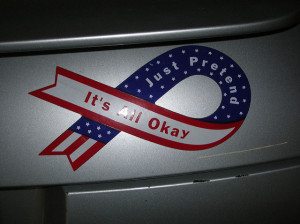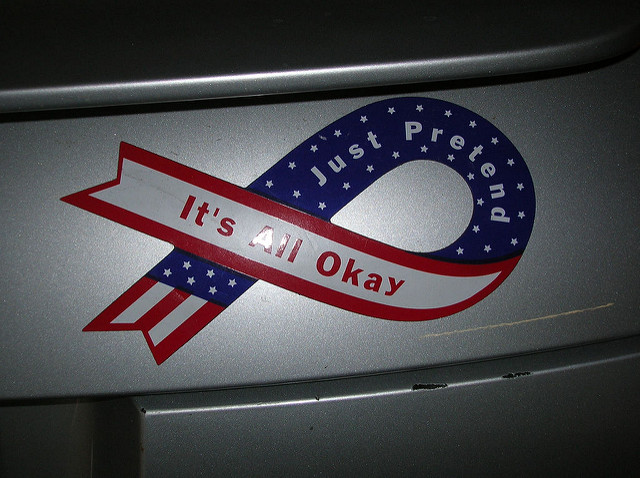 By Rachelle Sorenson-Cox
By Rachelle Sorenson-Cox
Normally, I love the talk around the water cooler at my job. I work for Parks and Recreation, at a tennis center. The water cooler and the pro shop where the water cooler is housed is the heart of the organization. It is where the players meet to stretch and hydrate and mingle before matches and make reservations for future matches. Conversations are largely centered around two topics. Tennis, whatever match is being broadcast on the Tennis Channel above our heads, and Weather (both local and Florida’s).
Because tennis season and hurricane season coincide, there is always plenty to talk about. Life is good in the pro shop. Until, one day this cold front moves in, election season. Political ads started interrupting regularly scheduled tennis programming like >>US Open matches, and the energy in the pro shop is different.
Politics will be found on every list of things you >>shouldn’t discuss at work. No matter how benign a political conversation may begin, they always get more intense. Always. You are either on one side or the other, just like on the tennis court. There is only one player you cheer for and only one person smiling at the end. And when the conversation changes I want to stick my head in the water cooler to avoid the sound of it all. I can’t walk away because I am at work, I have to stay and even engage. It’s called face to face customer service.
So, how do you avoid a political conversation that you’d rather not have? Although I haven’t learned how to dodge every loaded conversation, I have developed a few sanity saving tactics that I currently employ to dodge partisan word bullets.
Body Language. I first try >>body language ; good old, physical, yet subtle cues that I am listening but not interested in engaging like a simple head nod or semi-smile. This sometimes works.
Customer Service. If it doesn’t work, I attempt to redirect them, by offering customer service in exchange for an invitation to debate. “Can I schedule a court for you next Tuesday, Mr. Morrow?” The good news is, most people like to talk about what you can do for them more than they like to talk about politics, so this usually works.
Work. Thank goodness, for the gift of interruptions. Often times I am “saved” by the bell (the ringing phone) or another patron/player who needs a court, attention, or a Gatorade.
Different strokes for different folks, whatever works to keep the conversation at work, about work, all I know is, that this tennis court attendant is looking forward to the focus being back on the game.
If you do decide to volley a political ball across the proverbial court, the Emily Post Institute has some >>strategies to make sure the discussion doesn’t sound like a loud grunting match between Monica Seles and Jimmy Connors.

There are no comments
Add yours